Publish or perish dilemma
Published in Social Sciences
First of all, ECR is one of the groups that faces enormous pressure on publishing almost from a very first day of the PhD. Depending on country, University and supervisor; to complete PhD there is a requirement of a specific number of published (accepted) manuscripts. In some cases, the number can be even four so for 3-4 years research project it is not little. The problem is escalated due to current, rather slow pace of publishing. Publishing in a traditional journal is usually a long process, especially if manuscript faces rejections. From the other hand, sometimes a published work is not a requirement and many people focus more on completing PhD and graduating without publications, which are left “for later”, what can be very challenging having a new job or even in the worst case scenario publications never happen. A good practice for candidate evaluation by Universities and founders would be taking into account not only published work in traditional journals but also preprints, what will be a great help and will speed up many things for ERCs, providing that PI is not against preprints (what is a subject of other discussion).
Secondly, a number and quality/completeness of the published work different career stages can have different interests and benefits. Unfortunately, quite often career stage and future career ambitions might determine your benefits and focus on different project outcomes which might be contradictory to your peers. For ERC any kind of paper will be sufficient to deliver dissertation but might not be for future grant and job applications, whereas for PI in competitive field it might be more important to publish less often but very high impact journals (what might not be possible having only 3-4 years to perform research). This might lead to conflict of interest and even cause PhD student career dead end.
From the other angle, publishing the "whole-stories" is more valuable for scientific community and makes our research more impactful not only in terms of impact factor of the journal, but overall scientific field progress. In the same time the additional time for next serious of experiments put us at risk of being scooped"; therefore practices of publishing a "scooped" work in reasonable period of time after first publication seems to be a small but important steps towards more sustainable publishing practice. On the other hand, some labs will publish 10 very fragmented pieces of work instead of one, or even reuse ideas; data etc, which of course is not acceptable practice. The same as in every aspect of life a golden mean is the best solution.
Overall, I conclude that model of publishing in your PhD lab and your PI preferences and practices have a great impact on your personal and professional development. I believe that ERCs should be given some freedom how they wish to publish their projects and in some cases publishing part of the work might be necessary to help graduate. On the whole, it is quite complex trade-off and I don’t think there’s something like ideal model of publishing. Perish when needed, publish when ready.
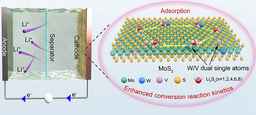
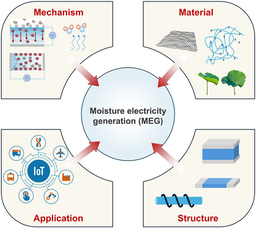
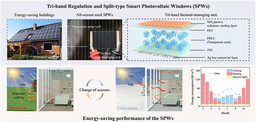
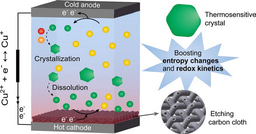
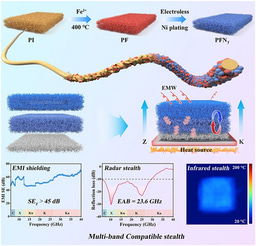
Please sign in or register for FREE
If you are a registered user on Research Communities by Springer Nature, please sign in